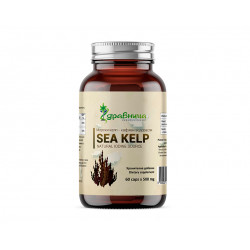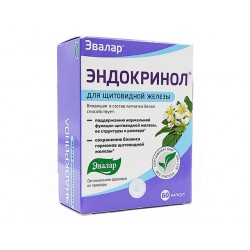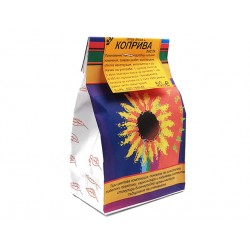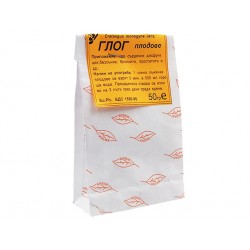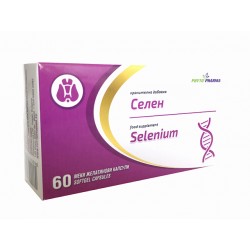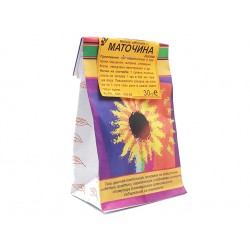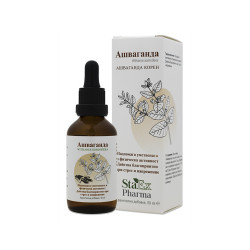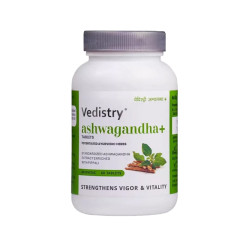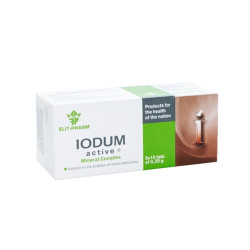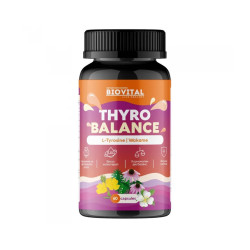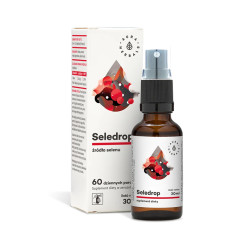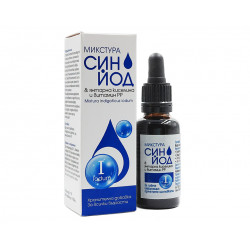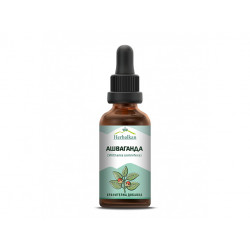What Is the Thyroid Gland and How Does It Function?
The thyroid gland is a small, butterfly-shaped organ located at the front of the neck, just below the Adam’s apple. It is part of the endocrine system and plays a key role in regulating metabolism, growth, and energy balance in the body. The primary hormones it produces are thyroxine (T4) and triiodothyronine (T3). These hormones control the metabolic rate, regulate body temperature, influence heart rate, and even affect mood.
Common Thyroid Disorders
Hypothyroidism – A condition where the thyroid produces insufficient hormones. Symptoms include fatigue, weight gain, dry skin, depression, and hair loss.
Hyperthyroidism – A condition where the thyroid produces excessive hormones, leading to symptoms such as rapid heartbeat, weight loss, nervousness, sweating, and insomnia.
Goiter – An enlargement of the thyroid gland, which may be due to iodine deficiency or other factors.
Thyroiditis – Inflammation of the thyroid gland, often caused by autoimmune conditions like Hashimoto’s or Graves’ disease.
Nodules and Thyroid Cancer – The development of nodules or malignant growths in the thyroid gland.
Hashimoto’s Disease and Iodine's Role
Hashimoto’s disease is an autoimmune disorder in which the immune system attacks the thyroid gland, leading to chronic inflammation and often hypothyroidism. In such cases, iodine intake must be carefully monitored, as excessive iodine can worsen inflammation and symptoms. Therefore, individuals with Hashimoto’s should avoid iodine-rich foods like seaweed and iodized salt unless prescribed by a doctor.
How to Support Thyroid Health
Diet:
- Consume iodine-rich foods such as seafood and iodized salt only if there is no Hashimoto’s or hyperthyroidism diagnosis. Consult a doctor in these cases.
- Include selenium-rich foods like Brazil nuts, fish, and eggs.
- Incorporate antioxidant-rich fruits and vegetables into your diet.
- Limit excessive intake of soy products and cruciferous vegetables, which may suppress thyroid function.
Lifestyle:
- Reduce stress through yoga, meditation, or other relaxation techniques.
- Ensure sufficient sleep.
- Stay physically active, but avoid excessive exertion.
Herbs That Support Thyroid Health
Herbs for Hypothyroidism:
- Kelp (Brown Seaweed): Rich in iodine, supports hormone production in iodine deficiency (only if no autoimmune conditions are present).
- Ashwagandha: An adaptogen that reduces stress and balances hormones.
Herbs for Hyperthyroidism:
- Lemon Balm (Melissa): Calms overactive thyroid function.
- Hawthorn: Soothes palpitations and nervousness linked to hyperthyroidism.
General Herbs for Thyroid Health:
- Nettle: Enhances metabolism and provides minerals like iron and magnesium.
- Rosemary: Stimulates circulation and boosts overall vitality.
Folk Remedies:
Thyroid Support Tea:
Mix equal parts lemon balm, nettle, and chamomile. Pour 250 ml of boiling water over 1 tablespoon of the blend and steep for 10 minutes. Drink twice daily.
Green Walnut Shell Tincture:
Crush 10 green walnut shells and cover with 200 ml of brandy. Let it steep for 14 days in a dark place. Take 1 tsp in the morning on an empty stomach.
Clay and Vinegar Compress:
Mix 2 tablespoons of green clay with apple cider vinegar to form a paste. Apply to the neck area and leave for 20–30 minutes. Repeat several times a week.
Herbal Infusion for Hypothyroidism:
Combine 50 g kelp, 30 g nettle, and 20 g rosemary. Pour 500 ml of boiling water over 1 tablespoon of the blend. Steep for 15 minutes and strain. Drink 100 ml three times daily.
Lemon Balm Tea for Hyperthyroidism:
Pour 250 ml of boiling water over 1 tablespoon of dried lemon balm. Steep for 10 minutes and drink 2–3 times daily to ease nervousness.
Tea for Hashimoto’s Disease:
Mix equal parts lemon balm, lavender, and mint. Pour 250 ml of boiling water over 1 tablespoon of the blend. Steep for 10–15 minutes and drink once daily.
Maintaining a healthy thyroid requires balanced nutrition, stress management, and regular medical check-ups. For thyroid issues, always consult a doctor before starting any herbal remedies or supplements.




